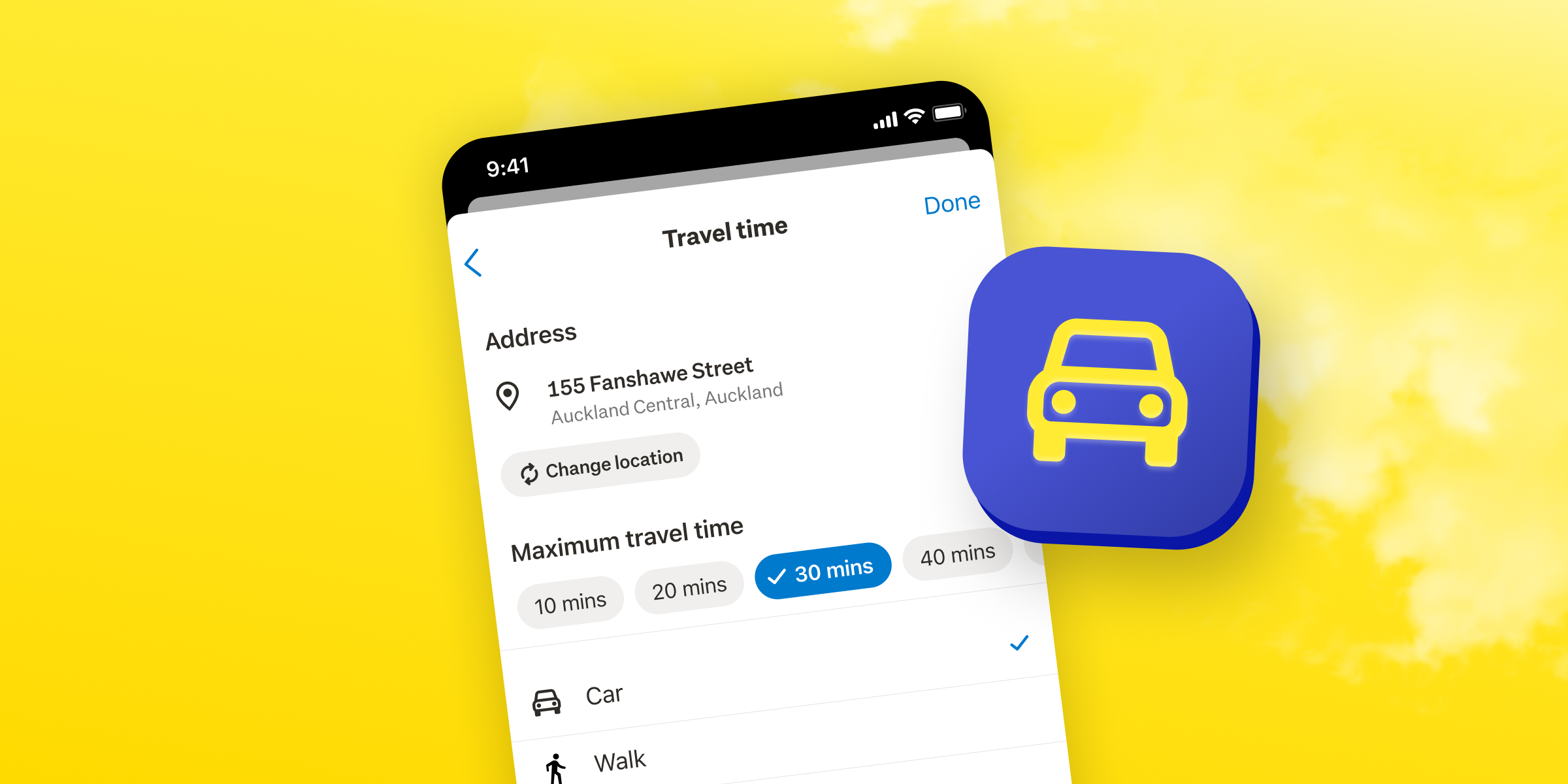Buying guide
How to get pre-approval for a home loan in New Zealand
Let’s break this down.
.png)
What you’ll learn:
What is home loan pre-approval
Who provides home loans in New Zealand?
There are several different home loan options available in Aotearoa New Zealand.
How to get pre-approved for a home loan in New Zealand
1. Grow your deposit
2. Decrease your debts
3. Clear up your credit
4. Keep on saving
Showing the bank that you're able to put money aside into savings is key to getting pre-approval.
5. Stay employed
6. Prepare a budget
What documents do you need for home loan pre-approval?
You'll need to get some documents together to apply for pre-approval hor a home loan.
What are the common conditions on a home-loan pre-approval?
Author
Search
Other articles you might like









